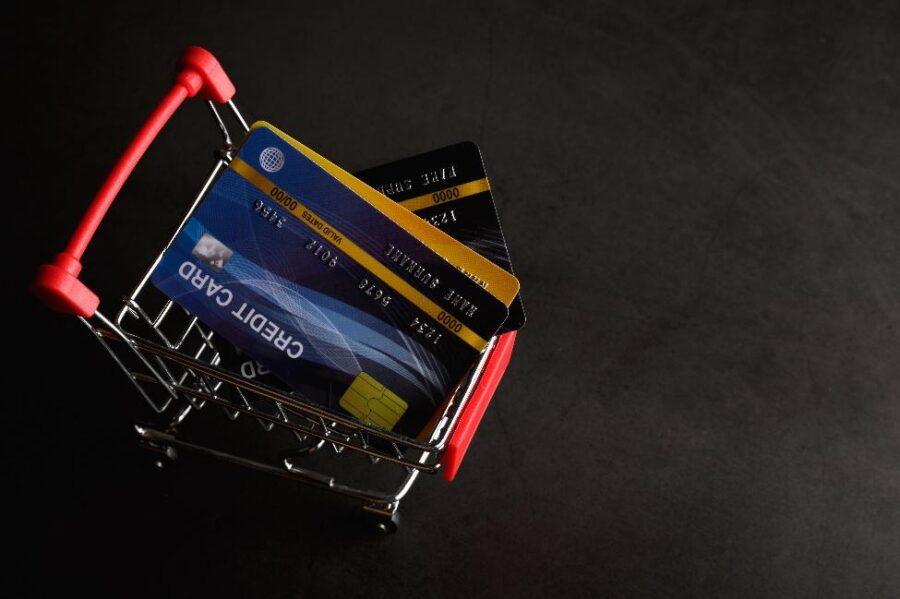If you’re considering taking a cash advance on your credit card, it’s important to understand how credit card charge interest charges work. This article breaks down the process of how credit cards charge interest on cash advances, providing you with the knowledge you need to make informed financial decisions.
What is a cash advance on a credit card?
A cash advance on a credit card is when you withdraw cash from an ATM or use your credit card to get cash from a bank or financial institution. Unlike making a purchase with your credit card, a cash advance is essentially borrowing money from your credit card company. However, it’s important to note that cash advances often come with higher interest rates and additional fees compared to regular credit card purchases.
How is interest charged on cash advances?
When you take out a cash advance on your credit card, interest is typically charged immediately. Unlike regular credit card purchases where you have a grace period to pay off the balance without accruing interest, cash advances start accruing interest from the moment you withdraw the cash. Additionally, the interest rate for cash advances is often higher than the rate for regular purchases. It’s important to read the terms and conditions of your credit card agreement to understand the specific interest rates and fees associated with cash advances.
Are there any additional fees associated with cash advances?
Yes, in addition to the immediate interest charges, there may be additional fees associated with cash advances on credit cards. These fees can vary depending on the credit card issuer, but common fees include a cash advance fee, which is typically a percentage of the amount withdrawn, and ATM fees if you use an ATM to withdraw the cash. It’s important to carefully review your credit card agreement and understand all the fees and charges associated with cash advances before making a withdrawal.
What are the potential consequences of taking a cash advance?
Taking a cash advance on your credit card can have several potential consequences. First, you will likely be charged a higher interest rate on the cash advance compared to regular purchases. This means that the amount of interest you owe can quickly add up if you don’t pay off the cash advance quickly. Additionally, some credit cards may not offer a grace period for cash advances, meaning that interest starts accruing immediately. This can make it even more difficult to pay off the balance. Finally, taking a cash advance can also negatively impact your credit score if you are unable to make timely payments or if the cash advance pushes your credit utilization ratio too high. It’s important to carefully consider these potential consequences before deciding to take a cash advance.
Tips for avoiding cash advances and managing credit card debt
While cash advances can be tempting in times of financial need, it’s important to explore alternative options and manage your credit card debt responsibly. Here are some tips to help you avoid cash advances and effectively manage your credit card debt:
1. Create a budget:
Establish a budget that includes your monthly expenses and income. This will help you track your spending and avoid unnecessary purchases.
2. Build an emergency fund:
Set aside a portion of your income each month to create an emergency fund. Having this safety net can help you avoid the need for a cash advance in case of unexpected expenses.
3. Explore other borrowing options:
Before considering a cash advance, explore other borrowing options such as personal loans or lines of credit. These may offer more favorable terms and lower interest rates.
4. Negotiate with creditors:
If you’re struggling to make payments on your credit card debt, reach out to your creditors and explain your situation. They may be willing to work out a payment plan or offer temporary relief.
5. Pay more than the minimum payment:
Aim to pay more than the minimum payment on your credit card each month. This will help you pay off your debt faster and reduce the amount of interest you owe.
6. Prioritize high-interest debt:
If you have multiple credit cards, focus on paying off the ones with the highest interest rates first. This will save you money in the long run.
7. Seek professional help if needed:
If you’re overwhelmed by your credit card debt, consider seeking help from a credit counseling agency. They can provide guidance and assistance in managing your debt.
Remember, BharatNXT responsible credit card use and effective debt management are key to maintaining a healthy financial situation. Avoiding cash advances and staying on top of your credit card debt will help you avoid unnecessary interest charges and protect your credit score.




